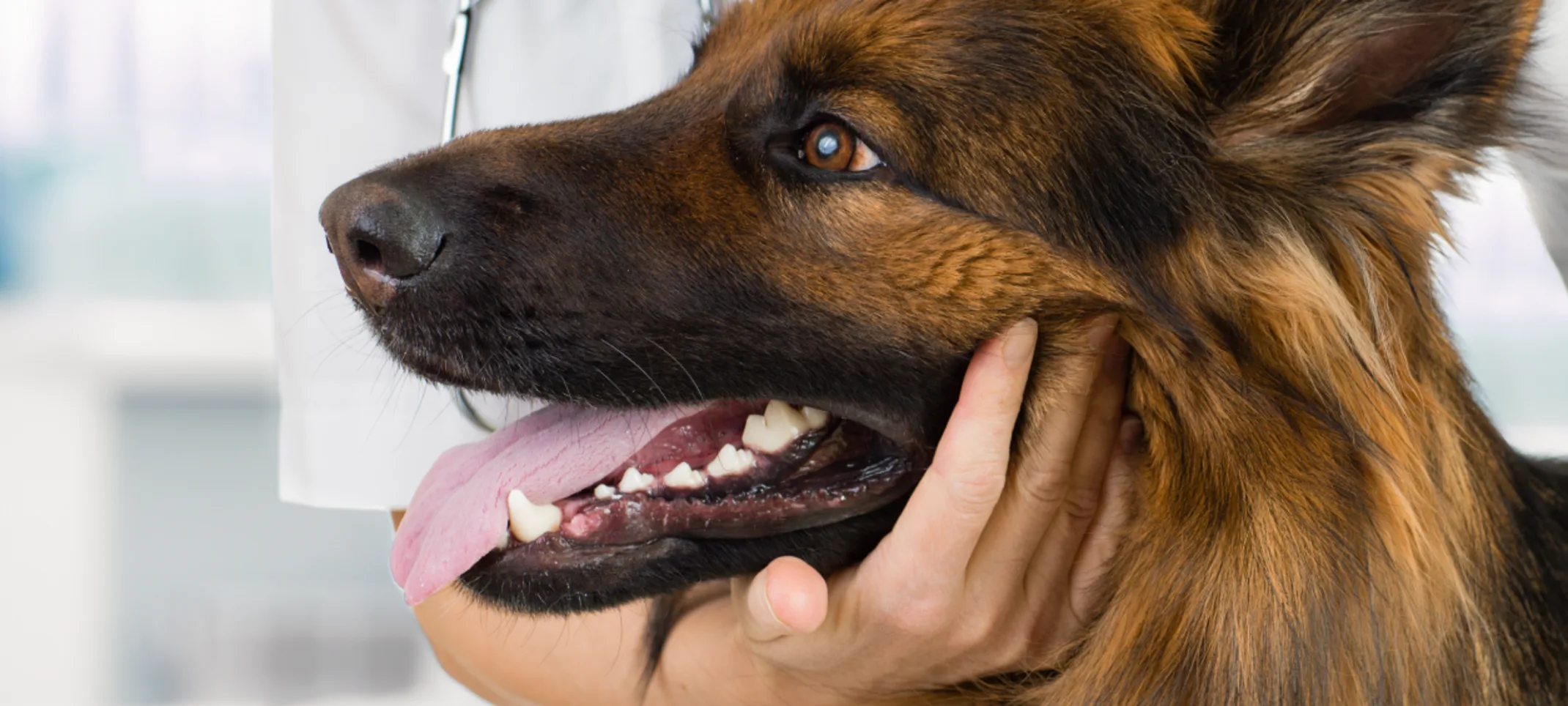Strawbridge Animal Care
PennHIP Radiographing
Canine hip and elbow dysplasia are the most common hereditary orthopedic problems seen in dogs.

Overview
Screening can help to reduce the risk of producing puppies with these potentially crippling diseases and identify problems early in companion canines. Identifying such things as a loose hip in puppies which often leads to the development of hip arthritis in later years of life is just one of the benefits offered by PennHIP radiographing.
What you Need to Know
Hip dysplasia may affect any dog, whether it is male or female, small, medium or large sized. It is estimated however that more than 50 percent of some large breeds are affected, making it far more common in these animals than in smaller dogs.
PennHIP radiographing is noninvasive and allows wellness programs to be started early in your pet’s life. Strawbridge Animal Care offers two methods of diagnosing hip dysplasia: radiographs submitted to either the Orthopedic Foundation for Animals (OFA) and/or to PennHIP.
PennHIP is more than just a radiographic technique. It is a network of veterinarians trained to perform the PennHIP methodology properly. In addition, it is a large scientific database that houses the PennHIP data. Radiographs are made by certified PennHIP members worldwide and are sent to the PennHIP analysis center for evaluation.
Dr. Hollowell is certified to perform the complex PennHIP evaluation at Strawbridge Animal Care. She is one of only a few veterinarians in the region with this specific training.
